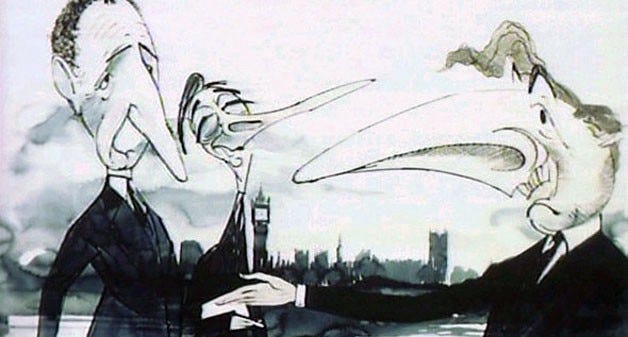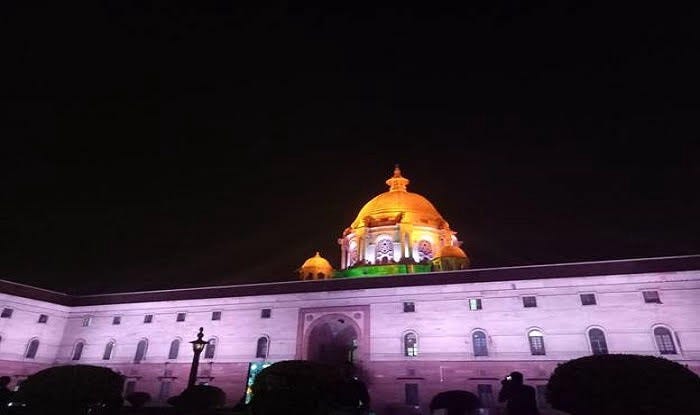12 Tools in the Cheat-Sheet of the IAS Policy-Makers
How the IAS Officers prepare sedulously before and after notifying a public policy
How the IAS Officers prepare sedulously before and after notifying a public policy
IAS officers, confronted with an organized onslaught from a vocal lobby of specialists and super-specialists, both within and outside the Government, are closing their ranks to protect the crumbling citadel of “generalism”. They have increasingly, especially though the IAS Association, begun to project they are indeed specialists in the intricate art and science of “policy-making”, a “rare” discipline that is multi-, inter- and intra-disciplinary, that cuts across numerous fields. It is claimed that thanks to their having worked in diverse sectors, right from the sub-district, district, State and the National levels in the implementation as well as in policy formulation, they are uniquely placed to claim a virtual monopoly over policy-making. The fact that they interact with politicians and the political executive from day one of their service, makes them sensitive to the harsh political realities as well as apparent contradictions and the seeming irrationalities so as to be able to come up with pragmatic solutions that are acceptable to the largest proportion of the stakeholders.
However, as Sir Humphrey Appleby of the BBC Serial, “Yes, Prime Minister” remarked, “Well, almost all Government policy is wrong, but… frightfully well carried out.” Thus the IAS, fully apprised of this worst-kept secret of Government, prepares, insures and insulates itself from the pitfalls, firstly, before selling the proposed policies and thereafter to have ready reasons why it failed. It’s their wont to hog the credit, while apportioning the blame among the subordinates and the juniors, in the event of failure. Systematic preparation is made before the policy is publicly notified.
1. Condemn the existing scenario and blame the current policy squarely for the same.
2. Over-hype the new, proposed policy as elixir for all evils — a virtual change of paradigm.
3. Low-cost and simplicity in implementation, vis-à-vis the promised benefits.
4. Vague in terms of the positive outcomes. Avoid numbers; use qualitative expressions like “reasonable”, “significant”, “optimal”.
5. Go through sham public consultation and meetings of the various stakeholders. Stick to the original draft and the so-called consultation is only to kill the element of surprise and a pre-emptive device to kill protests.
6. Make the success of the Policy contingent upon the presence of various factors such as finance and budget, human resources, institutional support etc.

When the policy is implemented, and things are not working out as expected:
1. Assert it is too early for the gains to manifest; gestation period and these are but “labour pains” — a healthy baby shall soon be delivered.
2. Get a small sample survey to support the claims made in your policy, for which reputed and reliable academicians may be roped in.
3. PR Blitz regarding the anecdotal instances of the success stories, supporting your claims of positive outcomes and impact. Never speak in terms of verifiable statistics; give lumped-up, macro figures.
4. Blame implementation; our policy was excellent; poor implementation let us down.
5. OK, admitted things did not improve significantly with this policy initiative but things would have been far worse in absence of this policy intervention.
6. Highlight the unintended benefits and even positive outcomes, not attributable to the new policy. Go beyond the stated objectives of the policy.
There is never any need to give your policy a formal burial even as you allow it to die a natural death. Failed policies do not deserve to be cremated with “State Honours”. With these dozen tricks in their repertoire, the IAS officers seem all set to retain their stranglehold over policy-making, while highly paid consultants act in concert with them to push their own agenda through the policy-making process of the Government.
____________________________________________
K.B.S. Sidhu. The author is an IAS officer of 1984 batch of Punjab cadre. The views expressed are his own.
He can be reached on kbs.sidhu@gmail.com or @kbssidhu1961 or https://www.facebook.com/kbs.sidhu


